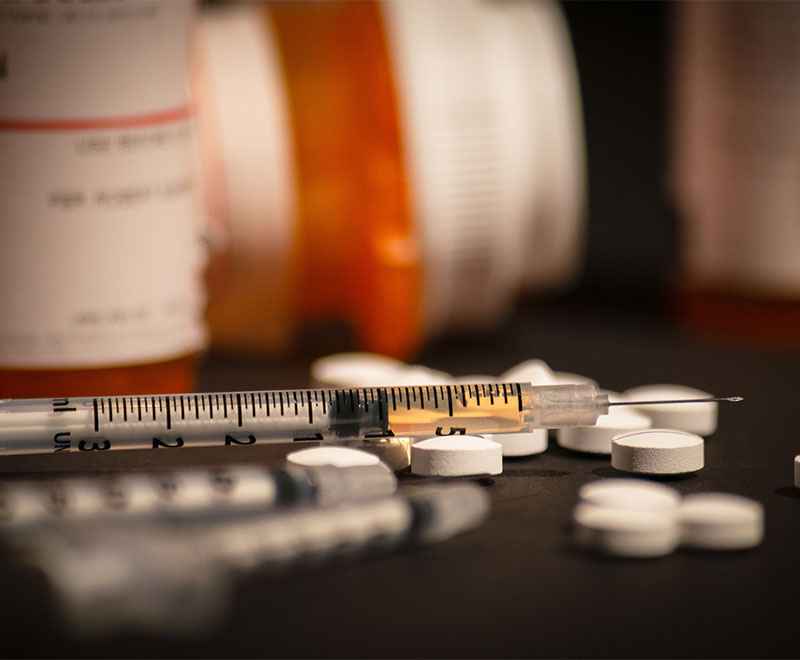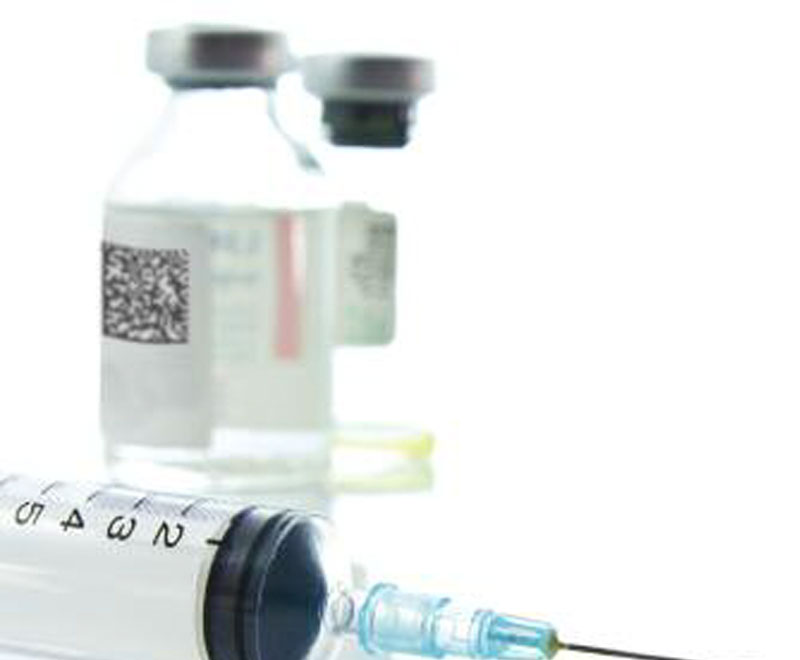Opioid Addiction: Is There a Solution?

With staggering growth in the number of people addicted to and dying from opioids, government, the medical community and recovery programs are working to turn the tide.
Should There Be a ‘Right to Try’?

The debate surrounding right-to-try laws to allow patients access to potentially life-saving drugs hinges on safety and ethical concerns.
Safety in Medicine: Ensuring the Integrity of Drugs

New laws and policies are being enacted globally to stem the growth of counterfeit and adulterated drugs caused by increases in globalization and the supply chain complexity.
Drug Supply Chain Security Act in Effect as of January 1

Title II of the Drug Quality and Security Act (DQSA), known as theDrug Supply Chain Security Act(DSCSA), took effect on January 1, 2015.
New DEA Law Authorizes Drop-Off Sites for Unused Prescription Drugs

A new Drug Enforcement Administration regulation allows pharmacies,hospitals, clinics and other authorized collectors such as long-term care facilities to serve as authorized drop-off sites for unused prescription drugs.
Supply Chain Safety: Where Are We Now?

New legislation, increased education, and high-tech tracking aim to curb the proliferation of compromised and counterfeit products in the pipeline.
New Vaccine Barcodes Enhance Safety

A study by researchers at RTI International and the U.S. Centers for Disease Control and Prevention showed that two-dimensional barcodes on vaccine product labels would enhance the safety of the U.S. immunization system and save more than $300 million by 2023.
FDA Launches Supply Chain Pilot Program
The U.S. Food and Drug Administration has launched the Secure Supply Chain Pilot Program (SSCPP) to enable qualified firms to expedite the importation of active pharmaceutical ingredients and finished drugs into the United States.
The Growing Scourge of Counterfeit Pharmaceuticals

Counterfeits pose a threat for healthcare professionals worldwide. And, while technological advancements are being made to protect the drug supply, international regulation and politics stand in the way of fixing the problem in the foreseeable future.
Reducing the Risks of Medication Errors

The federal government, physicians and consumers all have active roles to play in reducing medication errors that so often result in adverse drug events and a high cost burden.